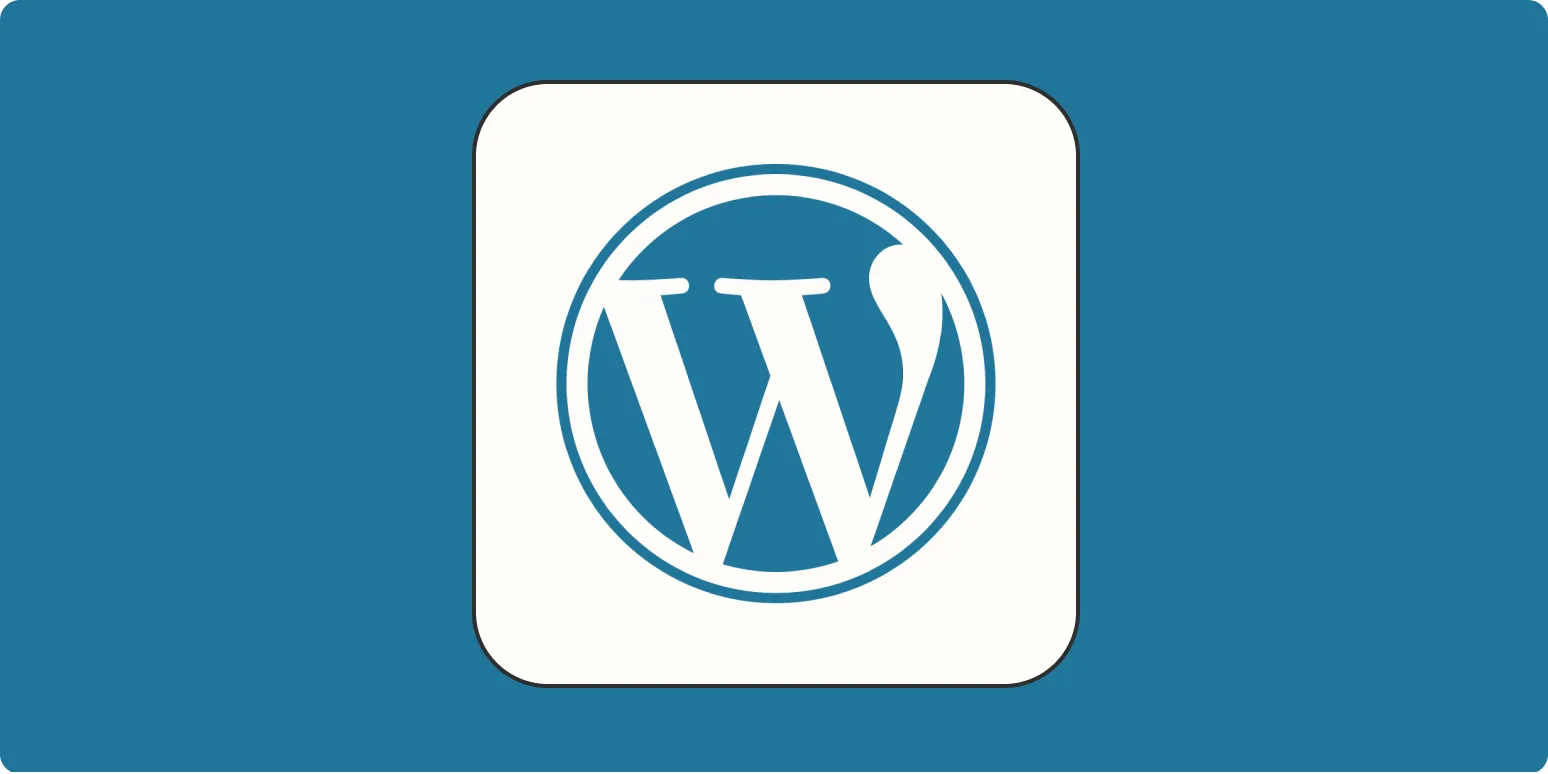As the digital landscape evolves, website builders are continuously adapting to meet the needs of users. While WordPress has been a dominant player in the content management system (CMS) market, several alternatives have emerged that cater to different preferences and requirements. In 2025, it’s essential to explore the ''best WordPress alternatives'' to ensure your website is built on a platform that aligns with your goals. Below, we present the nine best WordPress alternatives, highlighting their unique features and benefits.
1. Wix
Wix is a popular website builder known for its drag-and-drop functionality and user-friendly interface. Ideal for small businesses and personal websites, Wix offers a range of customizable templates and an extensive app market. With its built-in SEO tools, users can optimize their websites to enhance visibility on search engines.
2. Squarespace
Squarespace has gained recognition for its stunning design templates and seamless integration of e-commerce features. It is perfect for creatives and businesses looking to showcase their portfolios or sell products online. Squarespace's robust blogging capabilities and integrated analytics tools make it a strong contender among ''WordPress alternatives''.
3. Shopify
If you're focused on e-commerce, Shopify is a leading platform that facilitates online store creation and management. With features like payment processing, inventory management, and various sales channels, Shopify is tailored for businesses looking to scale their online presence. Its user-friendly interface and extensive app ecosystem make it a top choice.
4. Joomla
Joomla is an open-source CMS that offers more flexibility and advanced features compared to WordPress. It is suitable for developing complex websites and applications. With its powerful content management capabilities and strong community support, Joomla can be an excellent alternative for developers and tech-savvy users.
5. Weebly
Weebly is another user-friendly website builder that provides an intuitive drag-and-drop interface. It's ideal for small businesses, portfolios, and personal blogs. Weebly also offers integrated e-commerce functionality, making it easy for users to set up an online store without extensive technical knowledge.
6. Ghost
Ghost is a minimalistic platform designed for bloggers and publishers who prioritize writing and content creation. Its clean interface and focus on speed make it an excellent choice for those who want to create a dedicated blogging platform. Ghost also includes built-in SEO features that help improve search engine rankings.
7. Webflow
Webflow is a powerful website design tool that combines the flexibility of coding with the ease of a visual editor. It allows designers to create responsive websites without writing code. Webflow's hosting solutions and CMS capabilities make it suitable for designers and agencies looking to deliver custom websites for clients.
8. Elementor
Elementor is a WordPress plugin that transforms your WordPress site into a drag-and-drop editor. Although it operates within WordPress, its capabilities can serve as a stepping stone for those looking to explore other website builders as well. Elementor's features include customizable templates, responsive design controls, and various widgets to enhance functionality.
9. Duda
Duda is a website builder that focuses on creating responsive websites tailored for agencies and professional web designers. With its collaborative features, Duda allows teams to work together efficiently. It also offers white-label solutions, making it an appealing option for agencies looking to provide clients with custom websites.
Comparison Chart of the Best WordPress Alternatives in 2025
| Platform | Best For | Key Features |
|---|---|---|
| Wix | Small businesses and personal websites | Drag-and-drop builder, SEO tools |
| Squarespace | Creatives and e-commerce | Beautiful templates, e-commerce integration |
| Shopify | E-commerce | Payment processing, inventory management |
| Joomla | Complex websites and applications | Advanced content management, strong community |
| Weebly | Small businesses and personal blogs | Drag-and-drop builder, integrated e-commerce |
| Ghost | Bloggers and publishers | Minimalistic design, built-in SEO |
| Webflow | Designers and agencies | Visual editor, responsive design |
| Elementor | WordPress users seeking flexibility | Drag-and-drop editor, customizable templates |
| Duda | Agencies and professional designers | Collaborative features, white-label solutions |
Choosing the right platform for your website is crucial, and with numerous ''WordPress alternatives'' available, there is no shortage of options to suit your needs. Whether you prioritize design, e-commerce capabilities, or ease of use, the alternatives listed above offer a variety of features that can help you create a successful online presence. Evaluate your goals, budget, and technical skills to determine which platform will best support your website's growth in 2025 and beyond.





